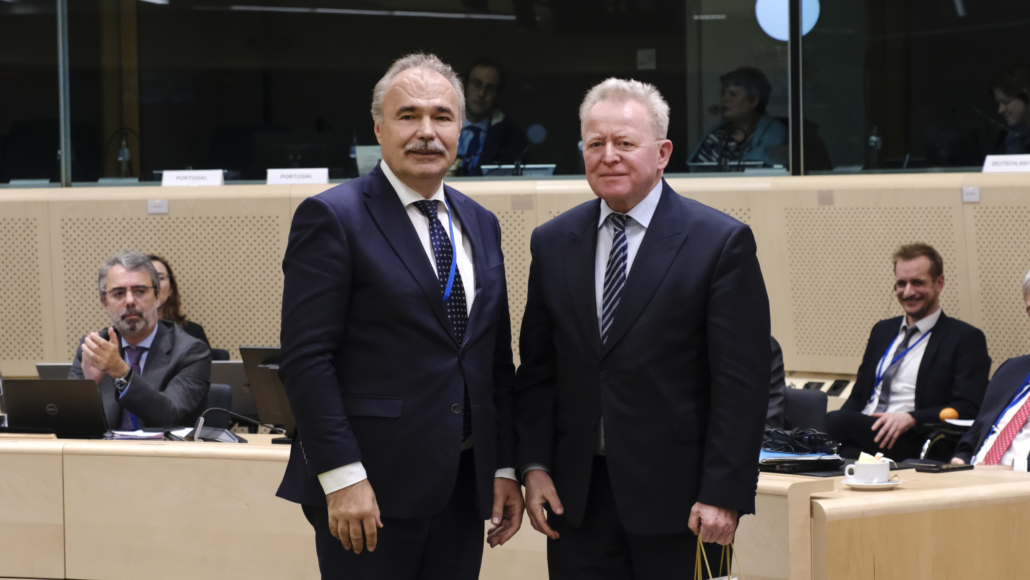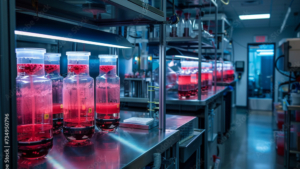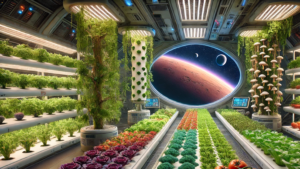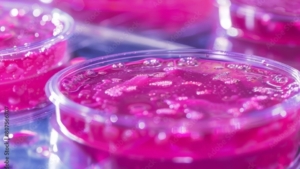
Country alliance calls for EU protein strategy
A dispute is brewing in Europe over climate-friendly protein production in fermenters between EU member states that are in favour of or against protein production independent of agricultural land. Germany, Denmark and supporters called on the EU Commission to formulate a European protein strategy triggering protests from farmers.
The call of Denmark and Germany at the Agri-Council in mid-November to establish an EU protein strategy sounds harmless. “We believe that changes need to be made to our protein supply – both for food and for feed,’ write the lead agriculture ministers Çem Özdemir (Germany) and Magnus Heunicke (Denmark), supported by Czechia, Estonia, Ireland and Luxembourg. “The supply must comprise more high-quality proteins whose production is less harmful to our climate and biodiversity. A production of proteins in the EU that is increasingly based on plant protein could reduce the impact that food and feed consumption currently have on our climate, environment and nature. We know that there is a rising global demand for protein, and companies in the EU can contribute to meeting the future need by providing high-quality proteins that are more climate-friendly,” the joint document says.
In fact, the call came directly after a series of national bans and protests against new biotechnological, agriculture-free methods to produce food and feed protein with less greenhouse gas (CHG) emissions that might impact the business of farmers. The protein strategy proposal is a deliberate provocation of the current Hungarian Council Presidency and its right-wing alliance partner Italy, who both received warnings from the EU Commission over their (draft) laws intended to ban fermenter-made meat and who prioritise traditional agriculture instead (see p. xx). The agriculture ministers of Austria, Italy, France, Poland, Spain and Hungary supported such a ban through exclusion of cell-based and fermented foods from the EU Novel Food authorisation in a joint note to the Agricultural Council in January 2024.
Globally, agricultural emissions cause up 17% of global greenhouse gas emissions, according to figures of the FAO. In Europe, at least 71% of farmland is used to feed livestock, while only 20% of feed protein needs to be imported. When policy makers speak of “plant-derived protein”, the term also includes proteins produced by photosynthetic algae, or plant proteins made by precision fermentation, where microorganisms are programmed to secrete plant proteins. Other alternative protein sources include insects or biomass of naturally-occurring bacteria or fungi, according to a study commissioned by the European Parliament.
Farmers’ lobby groups from Italy, the Czech Republic, France, Poland, Portugal and Spain have already marked their territory and for now protested in an open letter against new guidelines for Novel Food applications published in October by EU food watchdog EFSA. The guideline draft, which is set to come into force in February 2025, includes cell-based and fermented foods, streamlining approval times. The EU authority also clarified that food safety remains its highest priority when recommending novel food products for market authorisation. However, farmer associations demanded to establish the same evaluation criteria for cultured meat as reserved for new drugs and medicines, and called to suspend market authorisation for cell culture products on ethical and social grounds. Changing the rules for approving cultured meat is the responsibility of EU legislators and not EFSA, responded Bernhard Url, the Director of the EU food safety watchdog.
Following an EFSA application of French food-tech company Gourmey SAS for a cell-based duck liver pâté (Foie gras), in July, Finland’s Enifer Oy seeked Novel Food authorisation for its mycoprotein-based ingredient PEKILO from EFSA at the end of October. The dry powder is to be produced by biomass fermentation of Paecilomyces variotii KCL-24 in a new €33m production facility that can produce up to 3,000 tonnes mycoprotein annually from food industry side streams. Enifer’s long-term plan is to market PEKILO as dry powder to food producers, but for now, it is focused on supplying pet food (Purina) and aquaculture (Skretting) companies. However, as market applications are being planned in Singapore and the US, where approval times for novel food products for human consumption are three times shorter [< 12 months] than in Europe, meat and dairy alternatives marketed by Enifer’s partner Valio will be introduced rapidly. Enifer’s process goes back to the 1970s, when byproducts from the forest industry were fermented into animal feed ingredients. Thus, the feed is proven to be an excellent source of protein for livestock, particularly pigs and poultry.


 adobe stock photo - JR-50
adobe stock photo - JR-50
 adobe-Stock.comCHONCHANOK PHOTO
adobe-Stock.comCHONCHANOK PHOTO